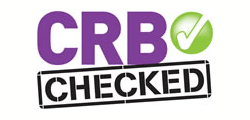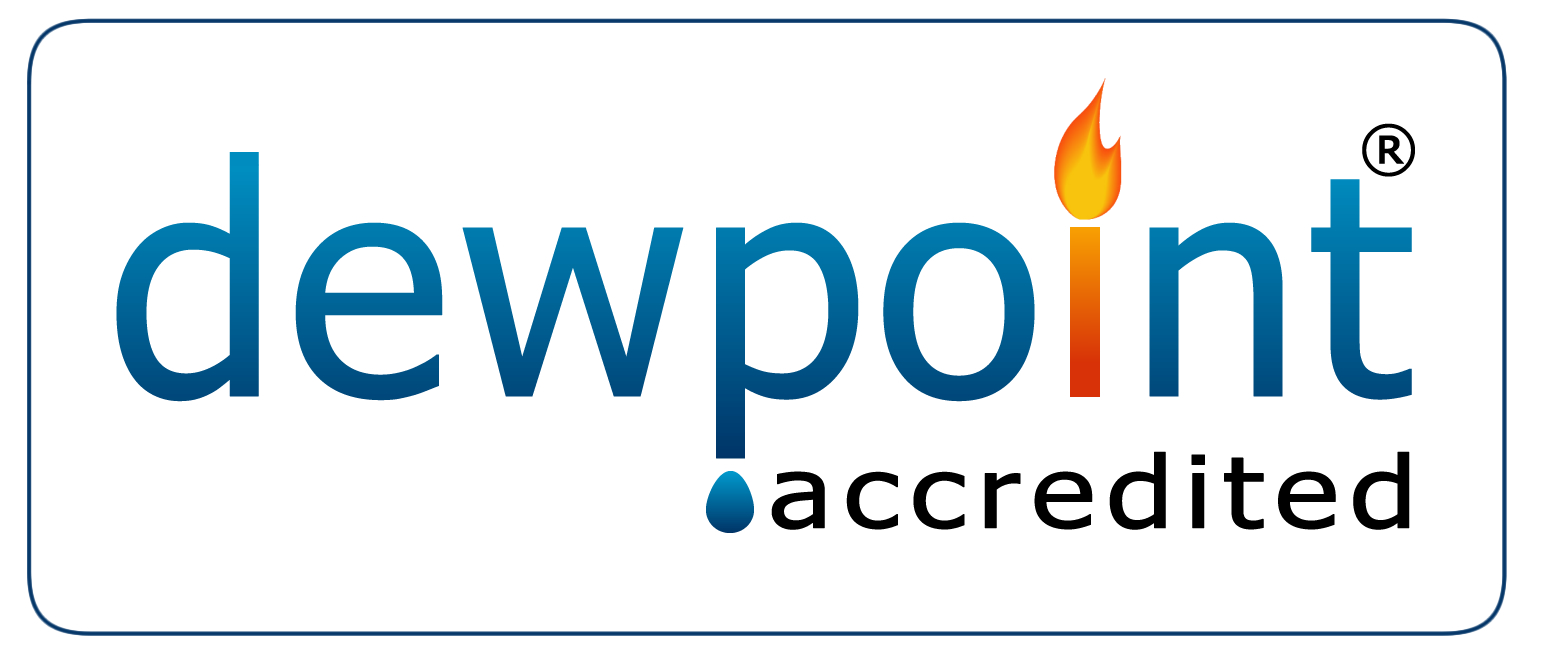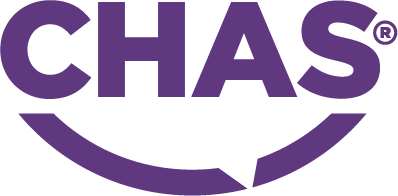Experiencing a sewage backup into your domestic or commercial property can be a nightmare. Sewage can be incredibly dangerous and have a number of negative impacts on your health and wellbeing. Understanding these dangers helps in highlighting the importance of calling in professionals to deal with a sewage cleanup and not trying to tackle it yourself.
Flood Dr provides a comprehensive sewage cleaning service, we are experts in this field and only specialise in water damage and remediation.
Types of Sewage Water
Sewage water, also known as wastewater or black water is the water that leaves homes and businesses, entering the sewage system and travels to treatment plants. There are two types of sewage water, untreated and treated.
Untreated Sewage Water
Untreated sewage is wastewater that has entered the sewage system and has not yet been to a treatment plant. It contains pathogens (bacteria, parasites and viruses) that can cause illness and disease.
Treated Sewage Water
Treated sewage is wastewater that has been through a treatment plant and had all harmful pathogens removed, for more detail on how this is done see our blog Sewage Explained.
What can happen if you are exposed to untreated sewage water?
Untreated sewage water is harmful, even in small amounts. Side effects of exposure to sewage water include, a sore throat, skin, ear, eye and chest infections and gastroenteritis.
Gastroenteritis is an inflammation of the intestines and stomach caused by a virus, bacteria or parasite. According to BUPA, 1 in 5 people get gastroenteritis each year. (https://www.bupa.co.uk/health-information/digestive-gut-health/gastroenteritis) The symptoms are worse for people with weakened immune systems or underlying health conditions.
There many different ways in which these gastroenteritis infections can be transmitted, however, common side effects include vomiting and diarrhea, which means the virus, bacteria and parasites enter the sewage system. Which is fine if that sewage water continues its journey to a treatment plant. However, if there is a sewage backup then it means you could be exposed to them.
Viruses, Parasites and Bacteria found in Sewage Water
Adenoviruses
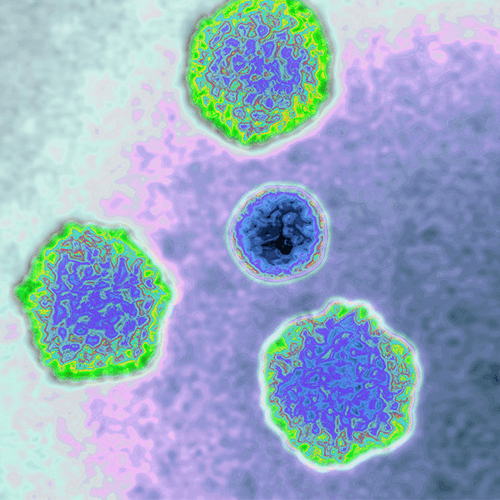
Adenoviruses are a group of highly contagious viruses that cause a range of illnesses. Symptoms include diarrhea as well as cold and flu like symptoms, fever, nausea, vomiting, sore throat, conjunctivitis, bronchitis and pneumonia. Most infections are mild, however some can become a lot more serious.
Adenoviruses can be spread through person to person contact, through respiratory secretions when someone sneezes or coughs or touching surfaces where the virus is present.
Norovirus
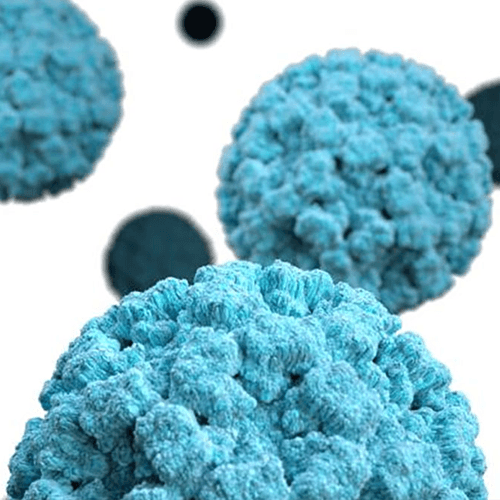
Norovirus, also known as the ‘winter vomiting bug’ is a highly contagious virus. Symptoms of the virus are severe vomiting and diarrhea.
You can contract Norovirus through person to person contact, touching surfaces where the virus is present and by ingesting contaminated food and water.
Rotavirus
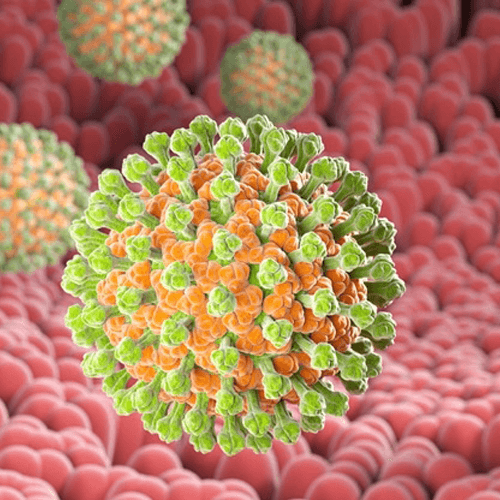
Rotavirus is a highly infectious stomach bug. Symptoms include diarrhea, vomiting and fever. The virus is most common in children and babies which is why the vaccination for Rotavirus is part of the Childhood Vaccination Program.
Rotavirus is present in an infected person's stool and is spread through hand to mouth contact. Rotavirus can be present in stools days before a person has shown any symptoms and for over a week after symptoms have cleared up.
Campylobacter Jejuni
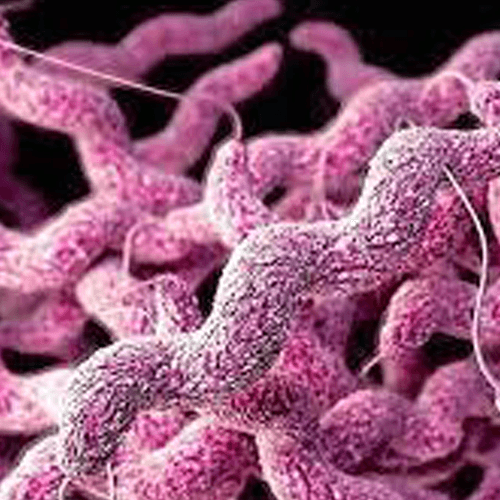
Campylobacter Jejuni is a type of bacteria that causes an infection known as Campylobacteriosis. The bacteria can be found in poultry, meat and eggs. Just a drop of liquid from infected meat is enough to infect one person.
Symptoms of Campylobacteriosis infection include stomach cramps, fever, nausea, vomiting and diarrhea which can be bloody. Symptoms usually show within 2 to 5 days after exposure.
Campylobacteriosis can be contracted through contaminated food, contaminated water or coming into contact with animals with the infection.
Salmonella
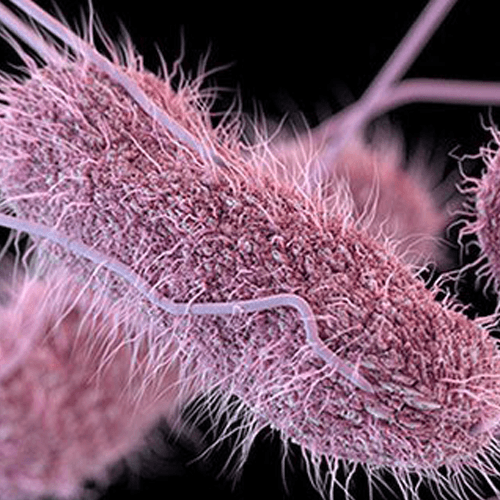
Salmonella is a type of bacteria that lives in the intestines of people and animals. It is often referred to as salmonella poisoning or food poisoning. Symptoms include, stomach cramps, nausea, vomiting, tiredness, fever, headaches and diarrhea. Symptoms can start to show within hours of exposure or in some cases it can take days.
This type of infection is more severe in the young, elderly and those with underlying health conditions.
Salmonella can be present in unpasturised milk and eggs and uncooked meat (especially chicken). Strict food hygiene can help in preventing the transmission of the infection, as it can be easily transferred from knives and chopping boards that have been used on something where the bacteria is present onto other foods. This is why it is so important to wash your hands and use clean cooking equipment once you have handled raw meat.
Salmonella can also be transmitted through contaminated water, the fecal to oral route and from young farm and domestic animals.
Escherichia Coli (E. coli)
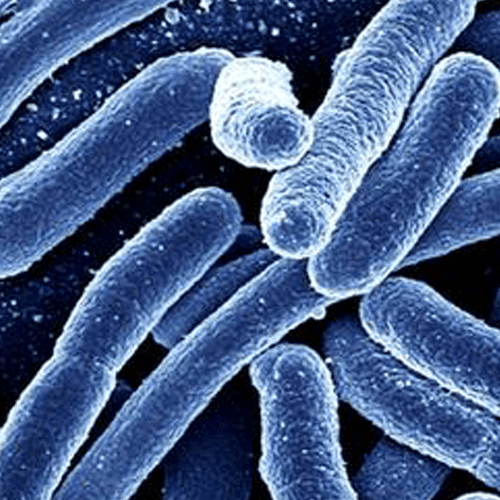
E. coli is a type of bacteria that lives in the intestines of people and animals. It is generally harmless and may cause a brief bout of diarrhea. Some strains however, can damage the lining of the small intestine, leading to severe stomach cramps, vomiting and bloody diarrhea.
These strains cause an E. coli infection and it only takes a very small amount to cause the infection. Young children and older adults are at a higher risk if they get an infection, in some cases it can lead to kidney failure.
You can contract E. coli if you are exposed to contaminated water, some types of food such as raw vegetables or undercooked ground beef or contaminated food, where the bacteria has been transferred to the food by the person preparing it. E. coli can also be transmitted by person to person contact.
Listeria
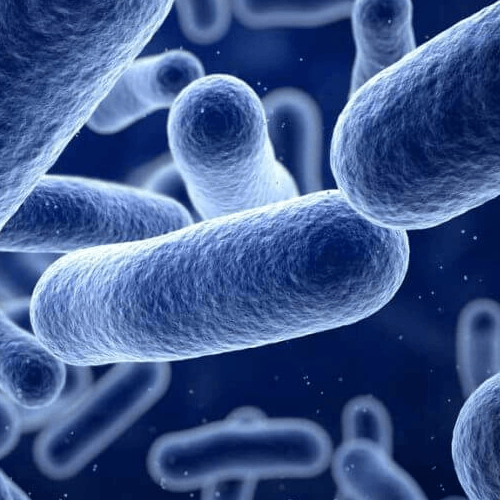
Listeria Monocytogenes is a bacteria that causes Listeriosis. This is a rare infection, according to the Centers for Disease Control and Prevention it is estimated that 1,600 people get Listeriosis every year and of those people, sadly 260 will die from the infection.(https://www.cdc.gov/listeria/index.html)
The infection carries higher risks for those with weakened immune systems and pregnant women. Symptoms can appear up to 2 months after exposure. Symptoms can include a high temperature, aches and pains, chils, vomiting and diarrhea. Listeria can also cause meningitis, with symptoms such as a headache and a stiff neck, difficulty looking at bright lights, confusion, seizures and a rash.
Listeriosis can be contracted through food, such as unpasturised milk, dairy products made with unpasturised milk, soft cheeses, pate and deli meat. This is why pregnant women are strongly advised to avoid these types of food.
Listeriosis can be contracted through contact with contaminated water, person to person contact and farm animals, especially cows and sheeps that have recently given birth.
Cryptosporidium
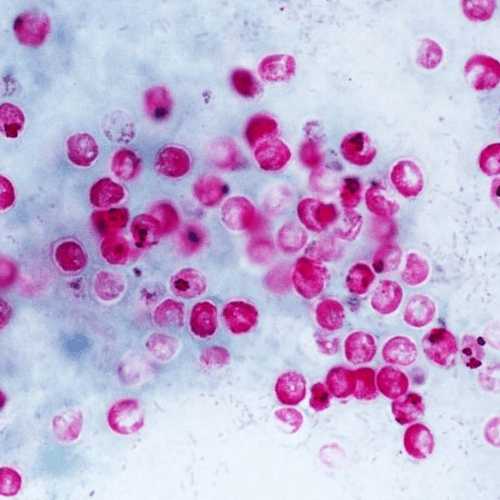
Cryptosporidium is a microscopic parasite that causes the infection Cryptosporidiosis. The parasite infects animals and can then be transferred to humans.
Symptoms generally show 1 to 12 days after exposure and include watery diarrhea, stomach pain, fever, nausea, vomiting, tiredness and headaches. Symptoms will usually go away on their own, however they can be life threatening for anyone with a weak immune system or underlying health problems.
The infection can be contracted through contaminated water, contaminated food, unpasteurised milk, person to person contact and from young pets and farm animals.
Wash Your Hands
Throughout the Covid 19 pandemic it has been highlighted to us time and time again how important washing our hands is as it can stop us from transmitting the virus. It has always been important, especially when using the bathroom or preparing food as it will kill or wash away a lot of viruses and bacteria, stopping them from being transmitted.
If you think you may have been in contact with any of these nasty viruses or bacteria, whether through contact with sewage water or other means it is important to always follow NHS guidance.
If you have experienced a sewage backup, all of the water will need to be safely removed and the area fully cleaned and disinfected. Any items contaminated with the sewage water will need to be cleaned professionally or disposed of safely.
If you have concerns or problems with sewage in your property, call Flood Dr today on 0208 528 3311

